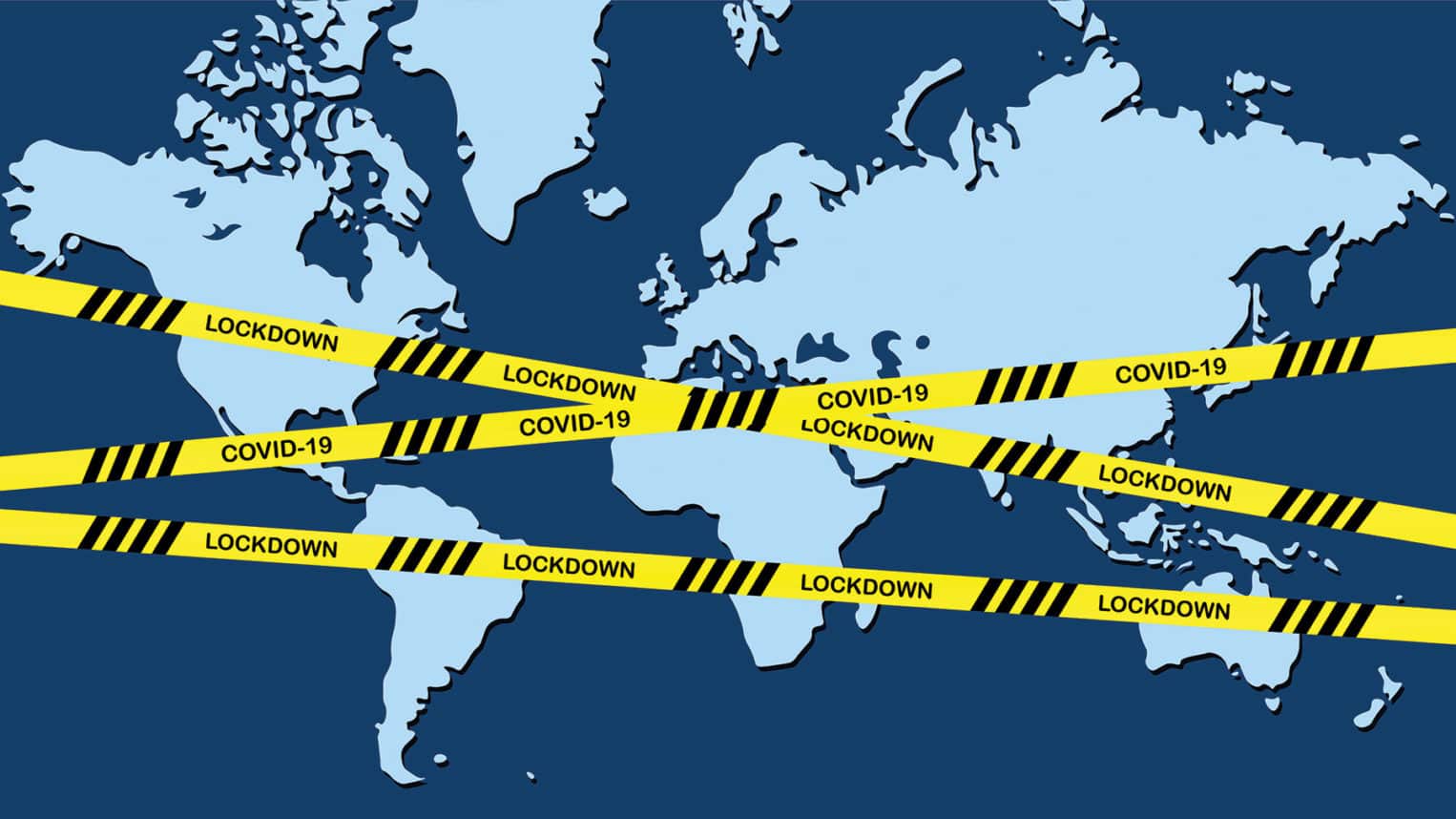Coronavirus News (106)
The Worldwide Lockdown May Be the Greatest Mistake in History Timothy Egan of The New York Times described Republicans who wish to enable their states to open up as “the party of death.” ....... The lockdown is a mistake. The Holocaust, slavery, communism, fascism, etc., were evils. Massive mistakes are made by arrogant fools; massive evils are committed by evil people. ......... The forcible prevention of Americans from doing anything except what politicians deem “essential” has led to the worst economy in American history since the Great Depression of the 1930s. It is panic and hysteria, not the coronavirus that created this catastrophe. And the consequences in much of the world will be more horrible than in the United States. .......... The United Nations World Food Program (WFP) states that by the end of the year, more than 260 million people will face starvation — double last year’s figures. ......
“We could be looking at famine in about three-dozen countries … There is also a real danger that more people could potentially die from the economic impact of COVID-19 than from the virus itself”
......... If global gross domestic product (GDP) declines by 5%, another 147 million people could be plunged into extreme poverty ........ the global economy will shrink by 3% in 2020, marking the biggest downturn since the Great Depression, and the U.S., the eurozone and Japan will contract by 5.9%, 7.5% and 5.2% ........ across South Asia, as of a month ago, tens of millions already were “struggling to put food on the table.” Again, all because of the lockdowns, not the virus. ........ “Coronavirus has killed only around 700 Indians … a small number still compared to the 450,000 TB (tuberculosis) and 10,000-odd malaria deaths recorded every year.” .......
“We are starving. If we don’t have food in our stomach, what’s the use of observing this lockdown?” But concern for that Bangladeshi worker among the world’s elites seems nonexistent.
.............. Michael Levitt, professor of structural biology at Stanford Medical School and winner of the 2013 Nobel Prize in chemistry, recently stated, “There is no doubt in my mind that when we come to look back on this, the damage done by lockdown will exceed any saving of lives by a huge factor.”
Coronavirus: How 'overreaction' made Vietnam a virus success unlike other countries now seeing infections and deaths on a huge scale, Vietnam saw a small window to act early on and used it fully. ........ though
cost-effective, its intrusive and labour intensive approach
has its drawbacks and experts say it may be too late for most other countries to learn from its success. ......
"When you're dealing with these kinds of unknown novel potentially dangerous pathogens, it's better to overreact," says Dr Todd Pollack
of Harvard's Partnership for Health Advancement in Vietnam in Hanoi. ........ Vietnam instead chose prevention early, and on a massive scale. ...... "It very, very quickly acted in ways which seemed to be quite extreme at the time but were subsequently shown to be rather sensible" ........ Schools were closed for the Lunar New Year holiday at the end of January and remained closed until mid-May.
A vast and labour intensive contact tracing operation got under way
. ......... "This is a country that has dealt with a lot of outbreaks in the past," says Prof Thwaites, from Sars in 2003 to avian influenza in 2010 and large outbreaks of measles and dengue. ....... By mid-March, Vietnam was sending everyone who entered the country - and anyone within the country who'd had contact with a confirmed case - to quarantine centres for 14 days. .........
quarantine on such a vast scale is key as evidence mounts that as many as half of all infected people are asymptomatic.
............ 40% of Vietnam's confirmed cases would have had no idea they had the virus had they not been tested. ......... "Unless you were locking those people up they would just be wandering around spreading the infection." ....... This also helps explain the absence of any deaths. .......
the medical system could focus its resources on the few critical cases.
....... While Vietnam never had a total national lockdown, it swooped in on emerging clusters. ....... This localised containment - which is likely to be used again if the virus reappears - meant that Vietnam has not done a huge amount of testing in the wider community. ........ Even in a one-party state like Vietnam, you need to ensure the public is on board for such a sweeping strategy to work. ...... Dr Pollack says
the government did "a really good job of communicating to the public" why what it was doing was necessary
...... Regular SMS messages sent to all phones from the very early stages told people what they could do to protect themselves. Vietnam made use of its ever-present propaganda machine to run a vigorous awareness campaign, drawing on wartime imagery and rhetoric to unite the public in the fight against a common enemy. ........
The government's data is so strikingly low that there are inevitably questions about whether it's accurate, but the overwhelming consensus from the medical and diplomatic community is that there is no reason to doubt it.
......... the kind of policies applied in Vietnam "just wouldn't stand up" in countries now suffering widespread infections, but for the few countries yet to be hit "the lesson is there".


No comments:
Post a Comment